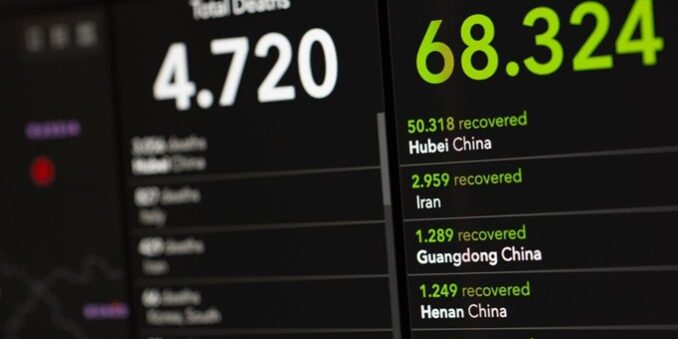A disease registry is a tool for collecting secondary data that are related to patients with a rare or specific disease or condition. Most disease registries have played an important role in improving patient care and outcomes. The role of patient registries cannot be undermined when it comes to both chronic and rare diseases. However, experts have shed light on the benefits and limitations of disease registries in regard to their role in making advancements in healthcare.
Benefits of Rare Disease Registries
- Provides Evidence-Based Care: Electronic Health Records (EHRs) often do not have the functions that are required for population management. So, in contrast, patient registries serve as a more viable and standardized tool for data collection. Disease registries can ensure that we’re able to deliver evidence-based care to all the rare disease patients.
- Real World Representation: When it comes to rare diseases, there is a dearth of information as rare diseases often affect a small segment of the population. Therefore, we need as much real-world data as possible. Rare disease registries that need the participation of rare disease patients provide real-world representation instead of artificial representation.
- Amass Information: There may exist rare disease patients here and there. It is important for you to amass this information to uncover and notice any significant trends or patterns that may serve useful to healthcare experts. Rare disease patient registries help accumulate this information in one place for better analysis of the rare disease or condition.
- Provides Data for Researchers: Since little is known about rare diseases, we want as much data as we can get as possible. We don’t just need data to improve patient care but to help researchers discover genetic causation, drug use, and the clinical progression of the disease. This helps researchers develop better treatments and drugs for rare diseases.
Challenges of Rare Disease Registries
- Lack of Data: There is a limited number of rare disease patients. This results in smaller data sets for registries, which aren’t suitable for drawing any solid conclusion or bringing about any improvement in the patient care or outcome. It would be beneficial if different stakeholders could collaborate and combine this information in one patient registry for a rare disease.
- Data Privacy Concerns: Some patients, especially those in regions where registries aren’t common, might be hesitant when it comes to handing out their private information.
- Disease-Specific, Not Longitudinal: Moreover, follow-up with such patients is also a challenge unless they have online access where they can fill out questionnaires. This is why rare disease registries are often more disease-specific and not longitudinal.
Conclusion
When it comes to weighing out the pros and cons, we cannot undermine the benefits of rare disease registries. Once you have a secure patient registry software solution, you can ensure participants that their data is safe and protected. Rare disease registries are crucial for bringing about significant improvements in healthcare, especially for rare diseases where medical experts are always on the lookout for data.







